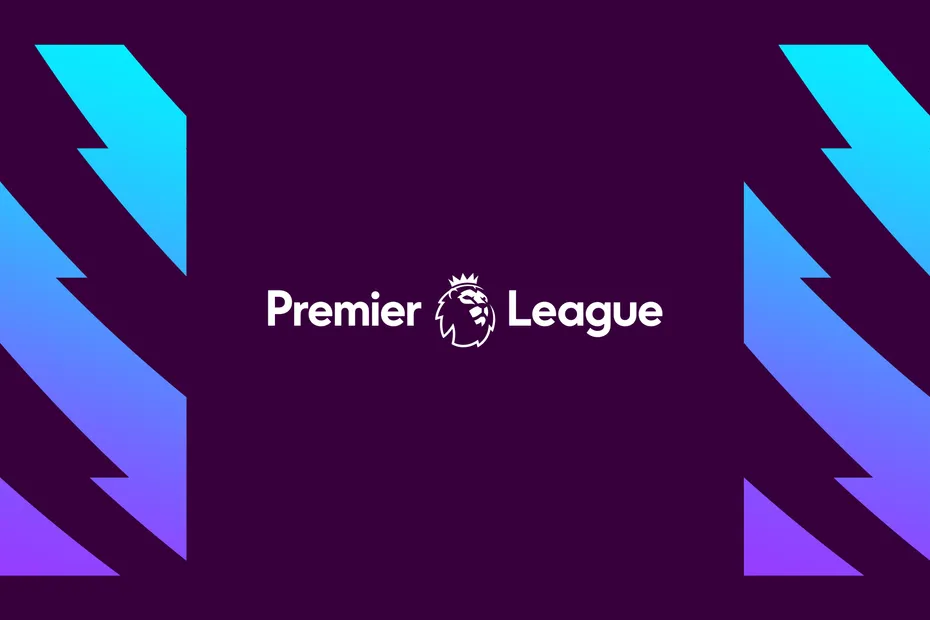UK Gambling Sponsorship Ban Set to Cost Premier League Clubs Millions
A recent study by OLBG reveals that 58% of Premier League clubs anticipate substantial financial losses due to the upcoming ban on front-of-shirt gambling sponsorships. Beginning in the 2026–2027 season, clubs are expected to lose up to £126.6 million ($168 million).

Impact of the Gambling Sponsorship Ban
The UK government has agreed to eliminate gambling sponsorships on the front of Premier League shirts, affecting 11 out of the 19 clubs currently sponsored by casinos and gambling firms.
Among them, West Ham’s partnership with Betway stands out as one of the most significant, valued at £63.8 million ($84.9 million). Chelsea is notably the only club without a front-of-shirt sponsor at present, but it will likely need to adjust its sponsorship strategies as regulations tighten.
These gambling sponsorship deals contribute a combined £428.1 million ($570.2 million) to the affected clubs for the current season, with approximately 30% of this revenue coming directly from gambling brands. This significant income stream will be at risk once the ban is fully implemented, challenging clubs to find new sponsorship agreements.
Gambling Firms Shift to Alternative Advertising
The value of front-of-shirt sponsorships extends beyond the logos seen on TV screens; it is deeply tied to in-person advertising. The OLBG 2023 Gambling Study highlights that 86% of football fans occasionally place bets, with the average gambler spending £27.98 ($37.26) weekly.
In the 2023–2024 season, over 6.7 million spectators attended home games for clubs currently partnered with gambling companies, further illustrating the significant reach of these sponsorships.
Despite the ban, some gambling companies are finding alternative advertising methods. For instance, Betway recently became Chelsea’s official European betting partner, securing prominent placement on LED advertising boards during home games.
With the loss of gambling sponsorship income looming, Premier League clubs must identify new revenue sources. The substantial financial gap left by the departure of these lucrative deals creates urgency for clubs to rethink their sponsorship strategies.
